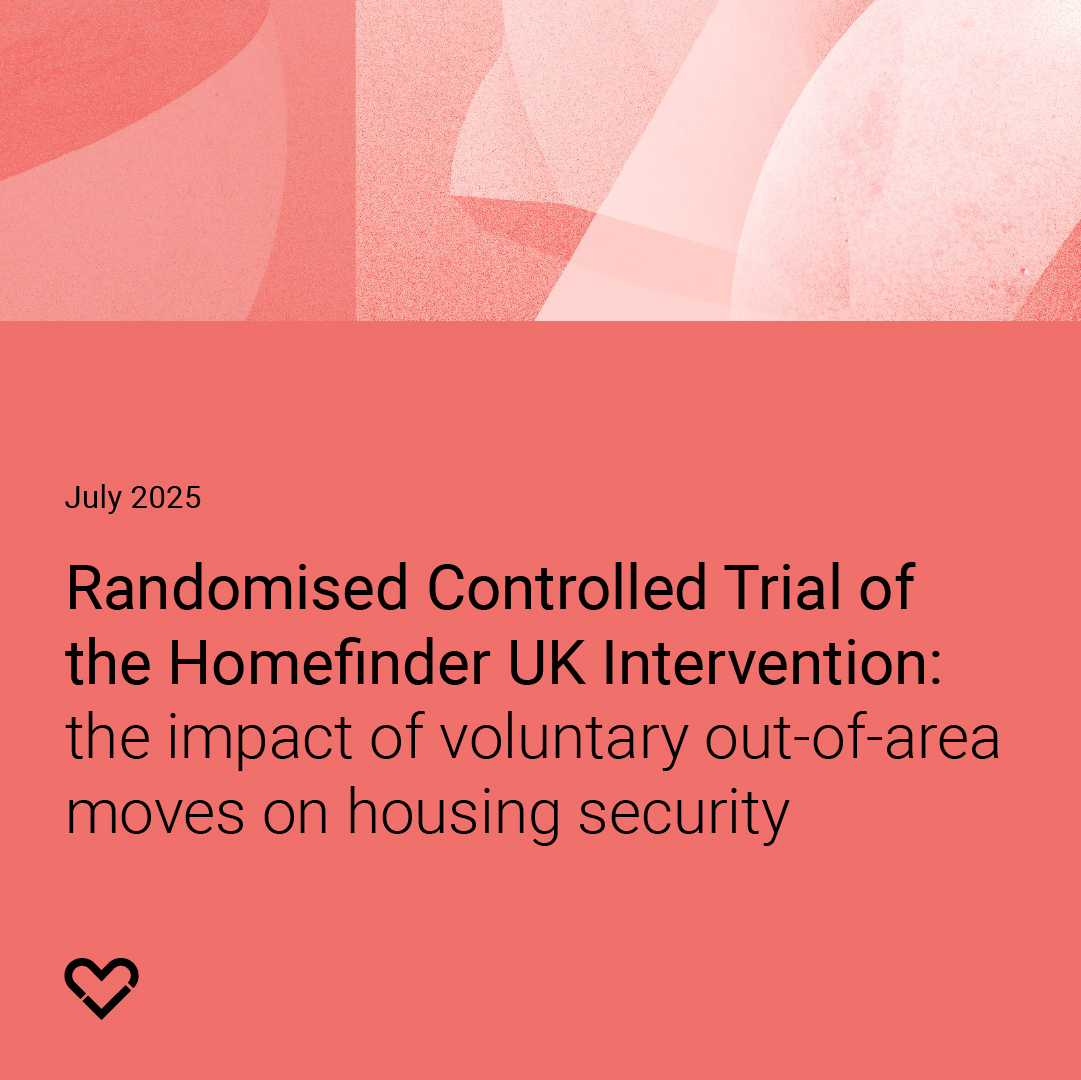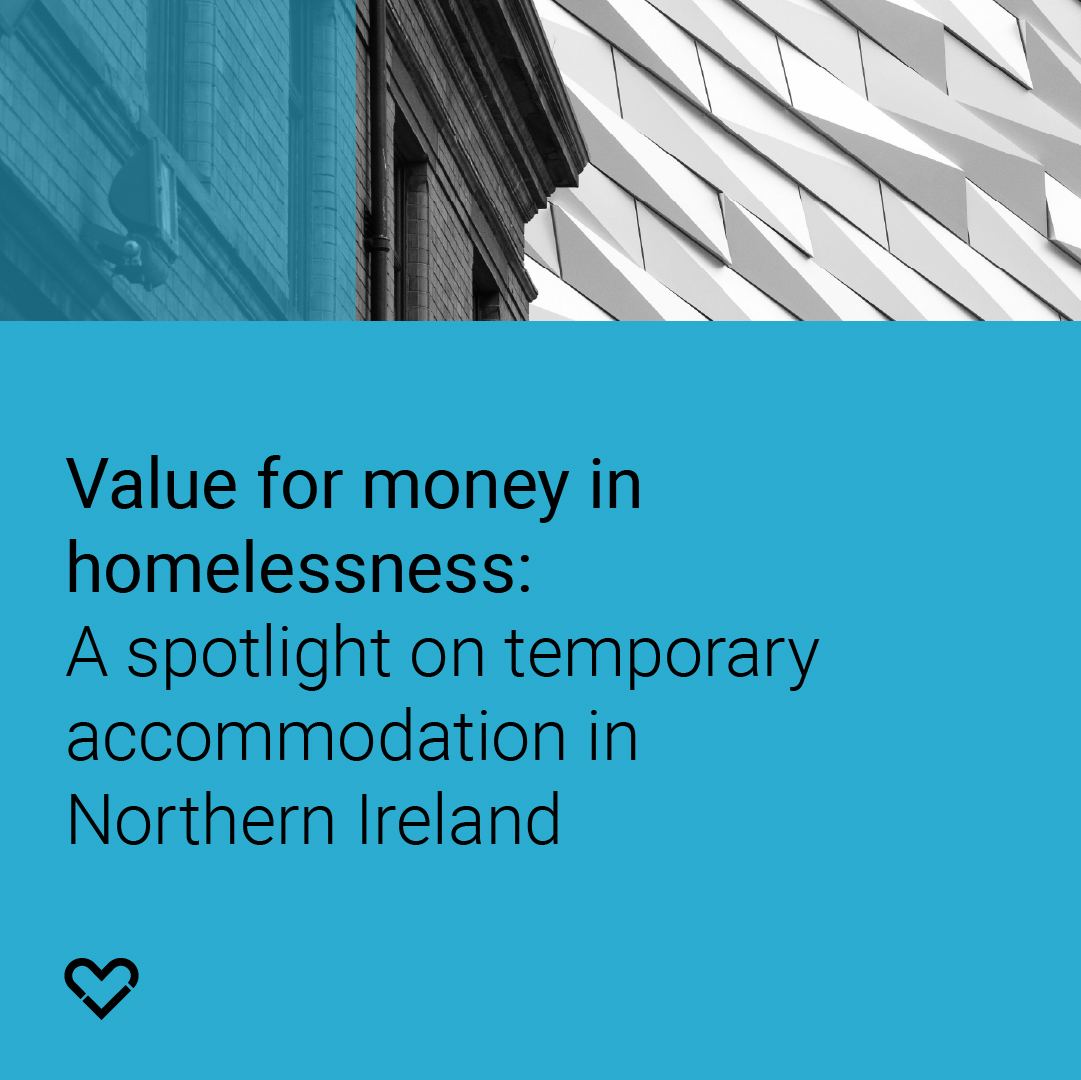The effectiveness of abstinence-based and harm reduction-based interventions
Brief Outline of the Study
This systematic review and large-scale analysis examined the effectiveness of different substance use interventions for adults experiencing homelessness in high-income countries. The study compared abstinence-based interventions with harm reduction-based interventions against treatment as usual, ie: no intervention offered. The review included 48 papers covering 34 unique studies and 15,255 participants, with studies primarily from the United States and Canada.
Findings in brief
- There was little difference in impact between harm reduction versus treatment as usual and abstinence versus treatment as usual
- Contingency management (providing vouchers for abstinence) had a strong positive impact
- There is some evidence that Group Work, Harm Reduction Psychotherapy, and Therapeutic Communities have positive impacts in reducing substance use
- There were mixed results for Motivational Interviewing and Talking Therapies (including CBT)
- Assertive Community Treatment (ACT), Intensive Case Management (ICM) and residential rehab showed no significant improvement in outcomes over treatment as usual
- The majority of research was rated as low confidence, primarily due to high participant attrition rates
- Only three papers focused specifically on women experiencing homelessness, with three-quarters of all participants being men.
- The evidence base lacks robust UK-specific studies.
No items found.





.jpg)

